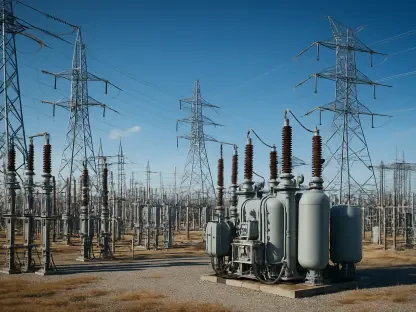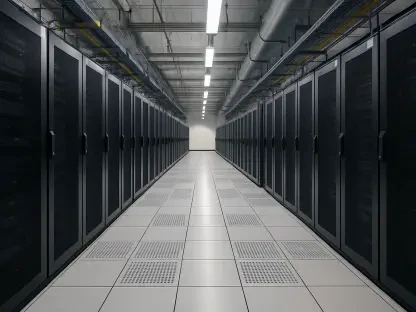Houston faces an environmental conundrum as it confronts a surge in landfill waste, necessitating an efficient recycling approach. At the forefront is ExxonMobil’s Baytown facility, with its “advanced recycling” initiative. This method, however, sparks debate: Is it a true breakthrough or a distraction from the core issue of excessive plastic production?
Understanding ExxonMobil’s Chemical Recycling
The Baytown Controversy
ExxonMobil’s partnership with the City of Houston led to the development of the Baytown chemical recycling plant. The collaboration, initiated by the previous mayoral administration, sought to convert difficult-to-recycle plastics into fuel. However, environmental activists have raised significant concerns, pointing out the facility’s substantial greenhouse gas emissions and contending that the method undercuts environmental progress.The concerns center on the intensive process involving high-energy input and the production of potentially hazardous pollutants. The facility, one of the largest greenhouse gas emitters in the country, exemplifies the tension between industrial innovation and environmental stewardship.
Comparing Recycling Methods
Chemical recycling differs markedly from its mechanical counterpart. In mechanical recycling, materials are physically reprocessed into new products, conserving resources. Chemical recycling, by contrast, uses a heat and chemical-intensive process to break down plastics for fuel, which is not without ecological risks.The discrepancy in environmental efficacy between the two methods is stark. A New York Times investigation and subsequent NREL study cast doubt on chemical recycling’s eco-friendly claims, showing that the supposed benefits may not withstand scrutiny. These inquiries reveal that only a fraction of plastic waste is converted into new materials, emphasizing the process’s limitations.
Environmental Implications and Recommendations
Alternatives to Chemical Recycling
Luke Metzger of Environment Texas has proposed several alternatives for Houston, including severing the deal with Exxon. His recommendations also suggest that Houston should adopt strategies to curtail waste production, such as a “pay as you throw” garbage fee. Furthermore, he advocates investing in mechanical recycling facilities and expanding recycling services for multifamily dwellings. These alternatives provide a more sustainable approach, contrasting with the debated chemical recycling process.Another key recommendation involves grants to incentivize businesses to reduce single-use plastics, alongside pressing for more robust statewide legislation to tackle plastic waste. By combining policy reform with economic incentives, Metzger envisions a multifaceted strategy to address the waste issue at its root.
Reducing Plastic at the Source
The pivotal solution to the waste crisis, according to environmental experts, is less about repurposing plastics and more about preventing plastic overproduction. Strategies to slash plastic use are essential and can take many forms, from legislative action to consumer choices.By cutting back on plastic manufacturing and usage, fewer products would need recycling, nullifying the demand for processes like those at the Baytown facility. Reducing plastic production not only lessens the waste stream but also curtails the pervasive pollution associated with the lifecycle of plastics.
The Future of Plastic Waste Management
Repercussions for Urban Ecology
Projections indicate a troubling trend for Houston: an imminent rise in landfill waste. Such an increase could outpace the national rate, significantly raising methane emissions and exacerbating pollution problems. The stakes are high for urban ecologies, which are likely to witness greater environmental degradation without an effective waste management overhaul.Understanding the compounding effects of poor plastic management on metropolitan environments is crucial, impacting not just local habitats but contributing to the broader ecological crises of our time.
A Call for Sustainable Solutions
Houston is grappling with a growing landfill waste problem, necessitating a more effective recycling strategy. ExxonMobil’s Baytown facility is at the heart of this debate with its “advanced recycling” initiative. This innovative approach promises to transform waste management practices, but it has ignited a contentious debate. Critics question whether this method represents a significant environmental advancement or merely serves to deflect attention from the underlying issue of rampant plastic production. It’s a complex dilemma: is the initiative a game-changing solution that could revolutionize recycling, or a mere band-aid on the larger challenge of addressing unsustainable plastic consumption? Both the potential benefits and the possible shortcomings of ExxonMobil’s approach must be carefully weighed as Houston seeks to reconcile the imperatives of waste reduction with environmental sustainability.









